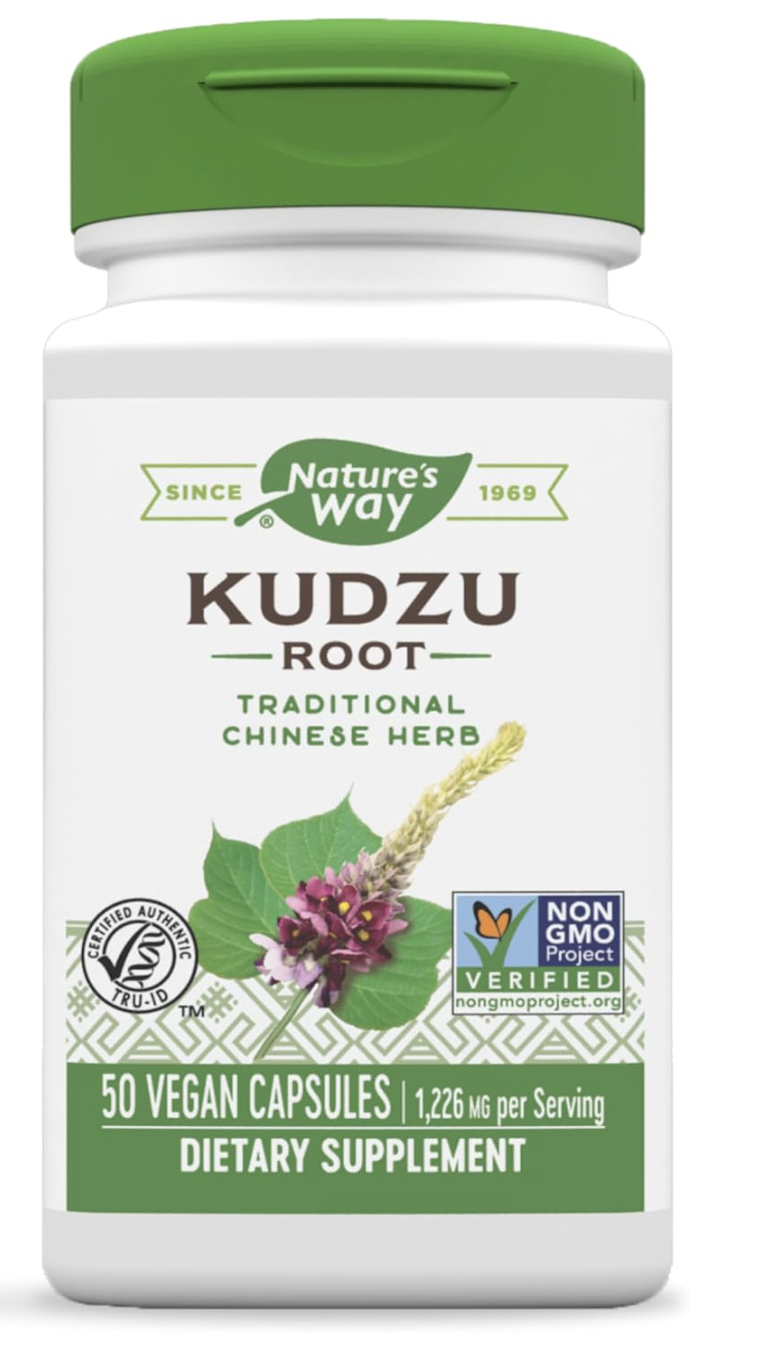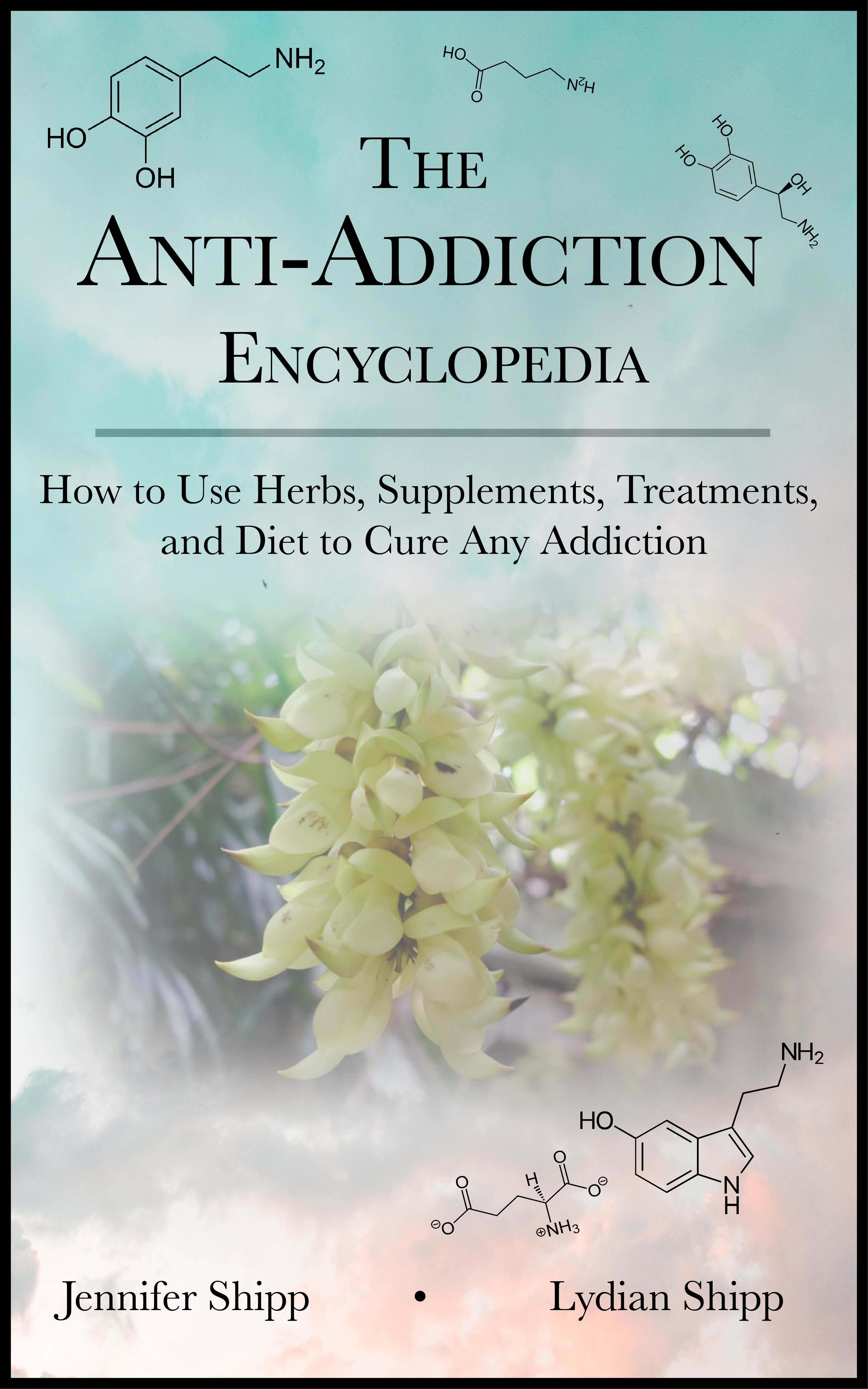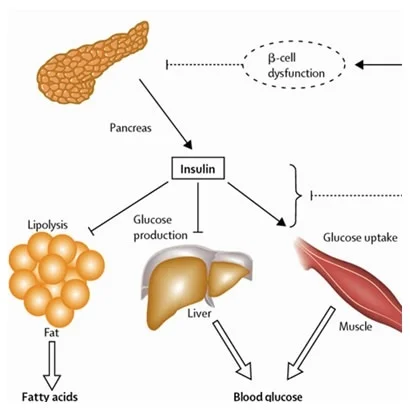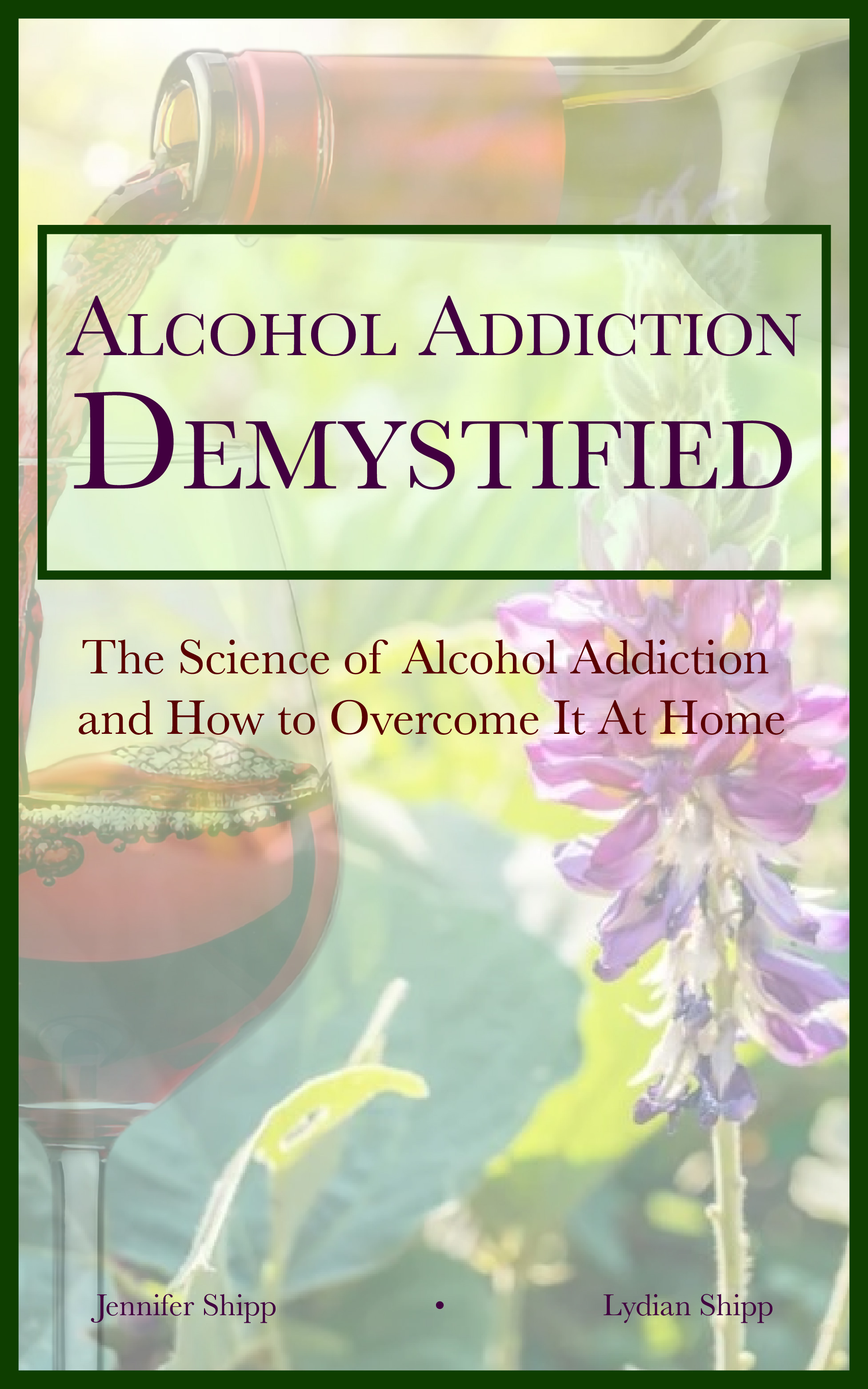Alcoholism and Insulin Resistance
In the area of the brain (the striatum) that regulates rewards and thinking, the presence of insulin lowers dopamine levels. Scientists believe that this interaction between dopamine and insulin works to regulate eating behavior and blood sugar metabolism. On the flip side though, research has also shown that dopamine plays a key role in regulating the production of insulin. As such, it seems, dopamine and insulin work together somehow and they seem to influence each other in the human body in some intimate way that is relevant to recovering alcoholics. It’s a well-known fact that disturbances in the dopamine system can lead to addictive behaviors and it is also a fairly well-established scientific fact that most alcoholics are insulin resistant. So let’s expand on how insulin resistance plays into the overall puzzle of what causes alcoholism and how to treat it naturally.
Essentially, scientists who have looked closely at the relationship between insulin and dopamine have noted that research on this topic is rife with contradictions. Nonetheless, scientists still agree that there is some kind of connection between dopamine and insulin but there is little agreement as to the nature of this relationship. So for now, we’re going to ignore this relationship between dopamine and insulin and instead focus on insulin resistance and how a lack of proper insulin sensitivity can cause alcoholism to develop.
The relationship between insulin resistance and alcoholism is a bit odd at first glance. Studies, for example, have shown that people who consume a moderate amount of alcohol have a reduced risk of Type 2 Diabetes. And studies have also shown that small doses of alcohol can improve insulin sensitivity. So we have to acknowledge that many alcoholics are likely self-medicating to protect themselves from diabetes when they begin their addiction. Of course, alcohol as a medicine has a limited course of utility, but we still need to take note of this connection between diabetes and alcoholism in order to understand how issues related to insulin can lead to alcoholism.
The American Diabetes Association admits that a daily cocktail or two improves blood sugar management and insulin sensitivity, but many web sites say that having 2 drinks per day qualifies you as a “heavy drinker”. Further, having 3 or more drinks per day can increase blood sugar levels in a toxic way. One might presume that the “dose” of alcohol that might reduce insulin resistance and blood glucose issues would be different for people of different genders, shapes, and sizes. But while the information around alcohol consumption and insulin function is purposely muddled to prevent the negative correlation between diabetes and alcohol from becoming mainstream, it’s clear with even just a cursory look at the science that there is a connection between insulin resistance and alcohol consumption. One might say that, in carefully controlled doses, alcohol consumption prevents the development of diabetes. On the other hand, doses that are too high can cause blood sugar issues due to insulin resistance to worsen. Doses that are too low can do too little to reduce insulin resistance.
If you’re reading this book for yourself or for a loved one with alcoholism, this piece of information about alcohol as a potential medicine to prevent diabetes may be confusing. But dosing is everything in medicine. Even snake venom has medicinal properties at the proper dose and in the proper setting for specific disease processes. So alcohol has this medicinal effect of being able to potentiate insulin function in the body to move nutrients and blood sugar into cells. But alcohol must be given in the proper dose in order for it to be medicinal.
Knowing that alcohol is performing this function of improving cell uptake of sugars and nutrients can be helpful in understanding and using alcoholism home remedies. It is also valuable to be aware of the fact that many alcoholics are self-medicating to prevent diabetes and their efforts go awry because they don’t realize that this is what’s going on. If you understand that alcohol is like a medicine for insulin resistance, but a medicine that can be really hard on the liver, the behaviors surrounding alcoholism begin to make more sense. Indeed, having insulin resistance and an inability to get fuel and nutrients into human cells is a matter of life or death. This can explain why alcoholics struggle to stay away from alcohol and it also explains why it’s important to step down slowly on daily doses during alcoholism detox at home.
Diabetes and insulin resistance is a curable disease using a combination of the ketogenic diet, herbs, and nutrient supplements. Note also that a ketogenic diet and nutritional supplements can help prevent serious alcohol withdrawal symptoms during a natural at home alcohol detox protocol. The ketogenic diet is used to treat epilepsy and seizures as well as liver cirrhosis. If you combine a ketogenic diet with anti-diabetes herbs like Kudzu and nutritional supplements, alcohol detox at home should proceed relatively quickly and without serious symptoms as alcohol “dosing” is slowly reduced.
 Click here to read more about the Ketogenic Diet for Alcoholism.
Click here to read more about the Ketogenic Diet for Alcoholism.
Click here to read more about what causes alcoholism.
Click here to read about dopamine and quitting alcohol.

Again, we have to note that the use of Mucuna pruriens to improve dopamine production and to heal the dopamine receptors along with herbal treatment for insulin resistance can make a huge difference in a person’s experience as far as alcohol addiction treatment at home. If you have a loved one with an alcohol addiction, or if you are addicted to alcohol yourself, understanding that issues with insulin sensitivity can lead to alcoholism and alcohol cravings can help you overcome this addiction more easily.

Click here to buy The Anti-Addiction Encyclopedia.
Resources:

 Many people who develop an addiction to alcohol may initially start the addictive process as a result of insulin resistance.
Many people who develop an addiction to alcohol may initially start the addictive process as a result of insulin resistance. Alcohol Addiction Demystified: The Science of Alcohol Addiction and How to Overcome It At Home - BUY HERE!
Alcohol Addiction Demystified: The Science of Alcohol Addiction and How to Overcome It At Home - BUY HERE!







